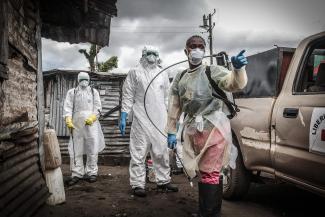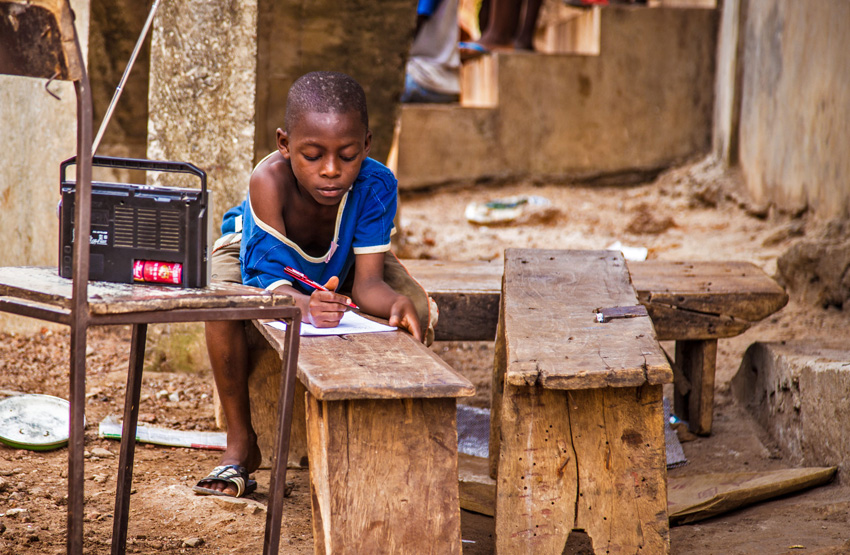Ebola
“Losing track means losing lives”

ONE, the international civil-society organisation, criticises donors for not keeping adequate record of how they fulfil pledges. Lacking transparency thwarts coordination, ONE argues, precisely when fast and effective support is crucial to managing crises.
In a recent report, ONE has assessed donor performance in the Ebola crisis last year. ONE states that donor funding was hard to verify. In the case of one individual donor, the total amounts indicated by different tracking systems diverged by up to $ 100 million. A core challenge, according to ONE, is that the tracking systems rely on donor self-reporting, with different donors fulfilling their responsibilities with different levels of commitment. Moreover, they do not use the definitions, so data becomes confusing.
ONE calls for a globally accepted tracking system to be established. It should use precise definitions for all reporting categories of humanitarian aid. ONE states that the tracking mechanisms in use today are “not fit-for-purpose”. Moreover, the new system should be adaptable to different kinds of crises. In the eyes of the ONE authors, it is important to trace precisely which project gets what kind of support, and when, to ensure that funds are not lost.
The experts argue that donors should be held accountable for their pledges, so they should not only report their commitments, but also their actual disbursements. Currently, they often prove to be unwilling or unable to do so. ONE wants pledges to be traced all the way to final implementation, with tracking systems following the money to the end recipients. Such a system would enable organisations to assess where funds are still needed and respond properly in an emergency. The ONE report stresses that without accurate records “gaps cannot be easily identified” and time lags will mean “more lives lost”.
The international civil-society organisation wants the UN Secretary General’s High Level Panel on Global Response to Health Crises and other institutions, to do something about poor accountability and the lack of transparency. ONE pleads not to “repeat mistakes and lose time, resources, and lives in the next crisis”.
Rebecca Renz
Link:
“When losing track means losing lives: Accountability lessons from Ebola crisis”:
http://one_org_international.s3.amazonaws.com/de/wp-content/uploads/2015/07/Ebola-accountability-report.pdf










